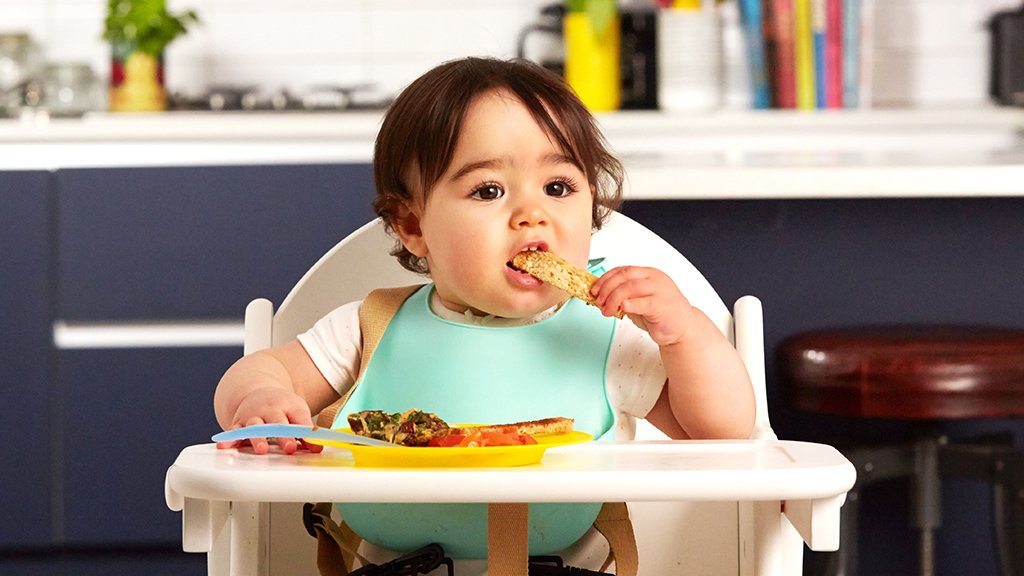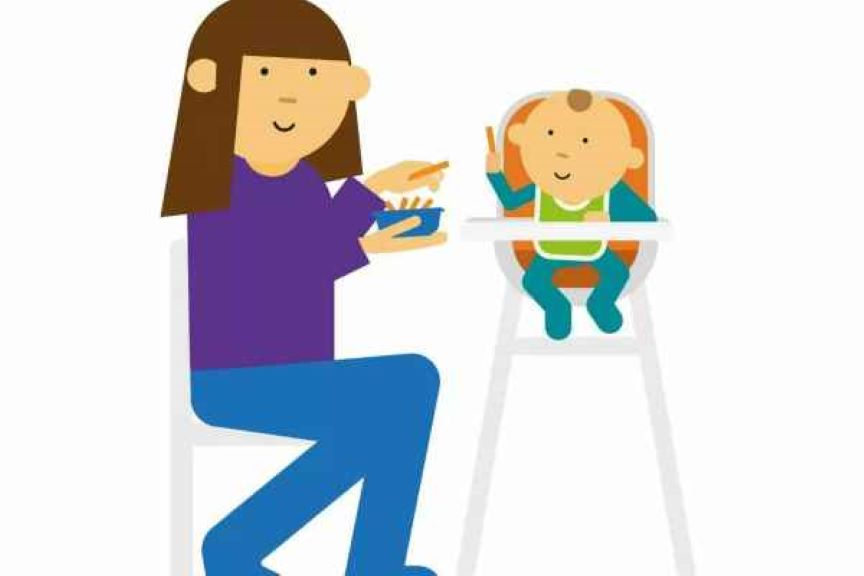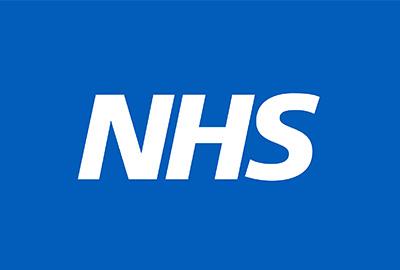The guidance and links on this page cover diet and nutrition support for children between the ages of 6-12 months.
In the first six months of life, infants can get all the fluid and nutrients they need from breastmilk or infant formula, and there is no need to introduce other foods before an infant's gut and swallow reflexes are fully ready. If you're thinking of introducing solid food before your baby is 6 months of age (26 weeks) please feel free to have a chat with a member of our Health Visiting Team on 01702 534913.
It is recommended that solid foods begin to be introduced to babies from around 6 months, although this may be different for babies that are born prematurely, have other health needs or are not developmentally ready. Solid food should be introduced alongside your baby's usual breastmilk or infant formula feeds. Families are offered a 3-5 month contact which is a visit that the Southend Health Visiting Service provide to support parents and carers with information about the introduction of solid foods. You may also be invited along to a Starting Solids Workshop delivered from one of our Family Centres across the city. It is also an opportunity to discuss any other questions that you may like to ask, have your baby's growth reviewed and receive further support with your breastfeeding journey if needed.
From around 6 months, your baby may start to show these signs listed below that they are ready to start solid foods. If they are not doing all of these at 6 months, there is no need to panic, every baby develops differently. However, please give us a call for further support and advice.
Developmental Readiness
- ability to sit upright with support
- ability to move food from the front to the back of the mouth
- ability to pick things up
- mouth control using jaw and tongue to chew and swallow
- gut is mature enough at around 6 months
Sometimes it can be tempting to offer your baby solid foods before they are 6 months, but early introduction of solids can be linked to intolerances and allergies and can also increase the risk of choking. These are not signs that baby needs to start solids:
- chewing fists
- wanting extra milk feeds
- waking in the night (more than usual)
- watching you eat
The Health Visiting Service work closely with the local Family Centres to offer support and advice to help you and your family stay safe, happy and healthy. If you feel you need any further support or advice around feeding your baby, please contact the Health Visiting Service.

Introducing solid food to your baby
Lots of parents wonder when and how to start introducing solid foods it can be a fun and exciting time for you and your baby and sometimes a little messy! At times you may find yourself receiving conflicting advice which can be confusing. It’s recommended that you wait until your baby is around 6 months old. This gives them time to develop properly, so they can cope with solid food. You may find the following link helpful with further advice around starting solid food.

Introducing solid food to your premature baby
If your baby was born early, you may feel that they are not quite ready to start at around 6 months and that’s ok. When babies are born early its sometimes safer to look at their developmental readiness rather than their age. Bliss is a great resource for parents or carers that have a premature baby.

What to feed your baby
As you introduce your baby to solid foods, you should gradually increase the amount and variety of the following food groups week-by-week, including giving them finger foods. Finger foods are a great way for your baby to explore what they are eating, get used to textures of foods and great practice for their fine motor development and hand eye co-ordination. Trust your baby to eat as much or as little as they want.
Helplines
- National Breastfeeding Helpline, open every day from 9.30am – 9.30pm: 0300 100 0212
- National Childbirth Trust (NCT) – breastfeeding and antenatal support. Breastfeeding helpline, open every day from 8am – 10pm: 0300 3300 770
- The Breastfeeding Network – breastfeeding helpline 24 hours: 0300 100 0210
- Bengali/Sylheti Supporter line: 0300 456 2421
- La Leche League – 24 hour breastfeeding helpline: 0845 120 2918
- Association of Breastfeeding Mothers (ABM) – breastfeeding helpline: 0870 401 7711



